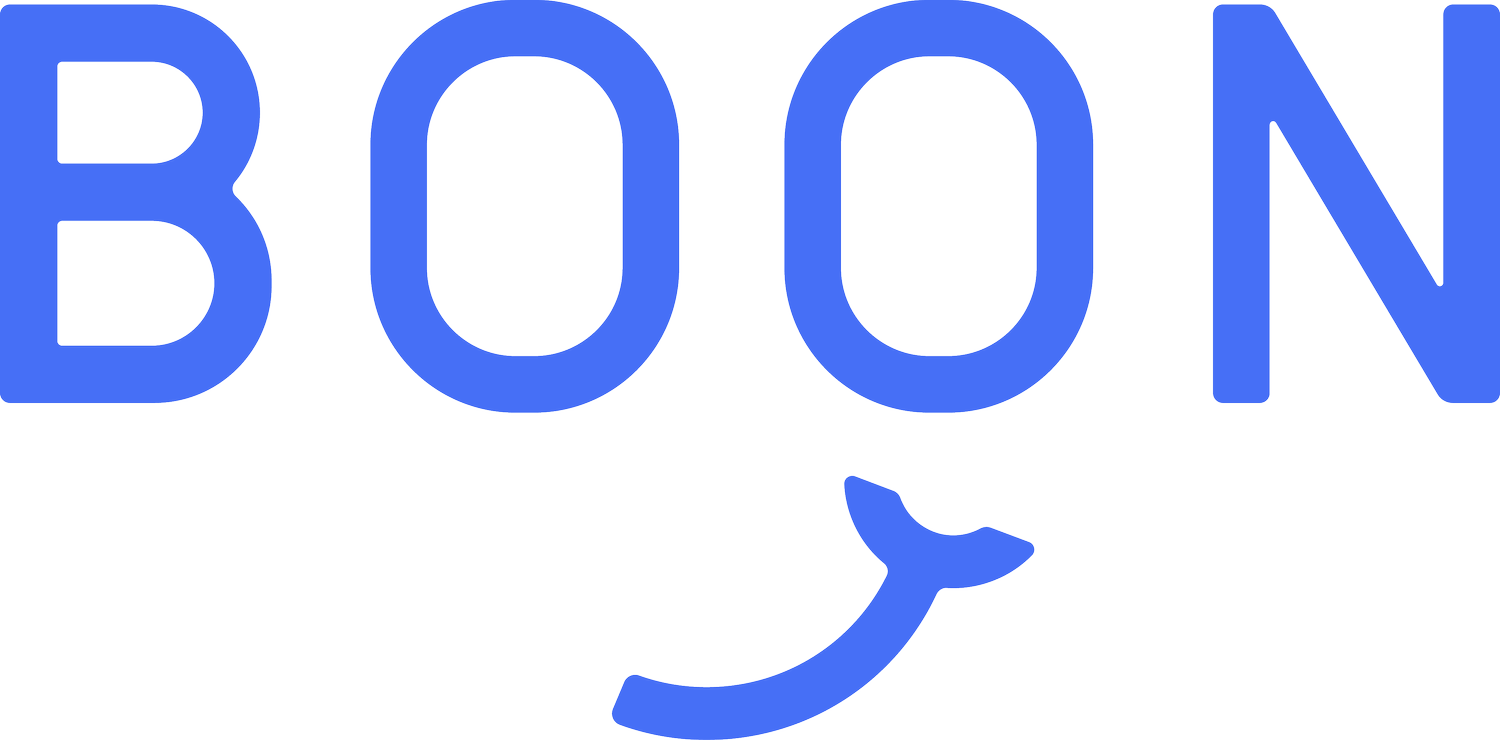Resilience and Adversity in Times of Uncertainty
With inflation pinching our wallets, major changes happening at the government level, the threat of a new COVID strain brewing, and a possible recession looming on the horizon, we are living in a tumultuous period in American history. Stress may be a normal response to everyday events in both work and life, but when things get out of control, it can have potentially dangerous effects on your body and mind.
In times of great uncertainty, the skills we develop to confront the unknown shine through. Building resilience in your life can help you deal with an unknowable future, and help you pave the road to a better tomorrow.
In this blog, we go over several strategies to lessen the impact that uncertainty may have on your life by developing skills for resilience. By taking a proactive approach to stressors rather than a reactive approach, you place yourself in a position to tackle the unknown.
Strategies for Resilience and Adversity in Times of Uncertainty
Focus on How Uncertainty Affects You
Many of the biggest problems in the world today are completely outside of our control. While we can choose to donate money to charitable campaigns or work on behalf of a larger organization that aligns with our beliefs, there is nothing that the average American can do to, say, prevent a recession from happening. The world is so much larger than the actions of a single person.
With unfettered access to the internet, however, our personal decisions appear magnified on a global scale. Between social media and 24/7 news cycles, it feels like nobody can seem to catch a break, and our awareness of events has become more overwhelming than anyone can process individually.
It isn’t wrong to care about the world and the people in it. Yet doing so on a minute-by-minute basis will quickly overwhelm you. There is nothing unethical about taking a break and shutting down notifications for news related to issues that overwhelm you. Limiting the time you spend online can be an excellent way to relieve stress.
Instead of taking a reactive approach to uncertainty, think proactively. How do these issues affect you personally, and what steps can you take to mitigate potential fallout? By following through on how uncertainty in the world might directly affect you and coming up with a game plan, you will likely find out that you are well-equipped to handle setbacks.
Lean Away from Impulsive Decisions
When we hear bad news, our immediate reaction may be to try to resolve it immediately. Making rash decisions in an attempt to make a “quick fix” may feel good in the moment, but these decisions can sometimes make a problem worse.
A classic example of this comes from financial downturns. When the market goes south, it may seem wise to immediately withdraw your money and take the loss. Doing this can actually cause more financial harm than good over the long run, when you consider your portfolio over a long period of time.
This type of impulsive thinking goes beyond just your financial situation. If you quit your job every time you got frustrated at work, you would end up with a spotty resume. If you ended friendships every time you got in a fight, you might find yourself lonely. Take a steady approach to the turbulence in the world, and you will be rewarded for it in the long run.
Set Good Boundaries
When we are stressed out, it can be easy to fall into negative patterns of behavior. Working excessive hours, drinking an extra glass of wine, or binge-watching your favorite television shows are normal in moderation, but when this becomes something that is happening too frequently, it can take a toll on your body and mind.
Setting boundaries is critical in every aspect of your life, especially in times of uncertainty. Set limits to the time you spend scrolling on your phone, and learn to recognize when one-day stressors become multi-week patterns. It can be hard to break out of habits, but identifying them is the best way to start.
Reach Out for Help If You Need It
Asking for help can be one of the hardest things we have to do as adults. We might think that doing so makes us weaker as people, or we may worry about how a person will respond to our request.
In uncertain times, it may seem like the whole world is turned against you. This isn’t true. There are always people who are willing to lend you an ear and come to your aid. Doing so doesn’t make you any less of a person.
At Boon Health, our mission is to help build a more resilient world. Every month, we provide reporting to all of our clients on how resilience is growing and changing within a company. Our coaches are dedicated to helping workers ground themselves in turbulent times.
Even in the most difficult times, Boon Health is here to help. Feel free to contact us to learn more about how we help workers and companies alike.
